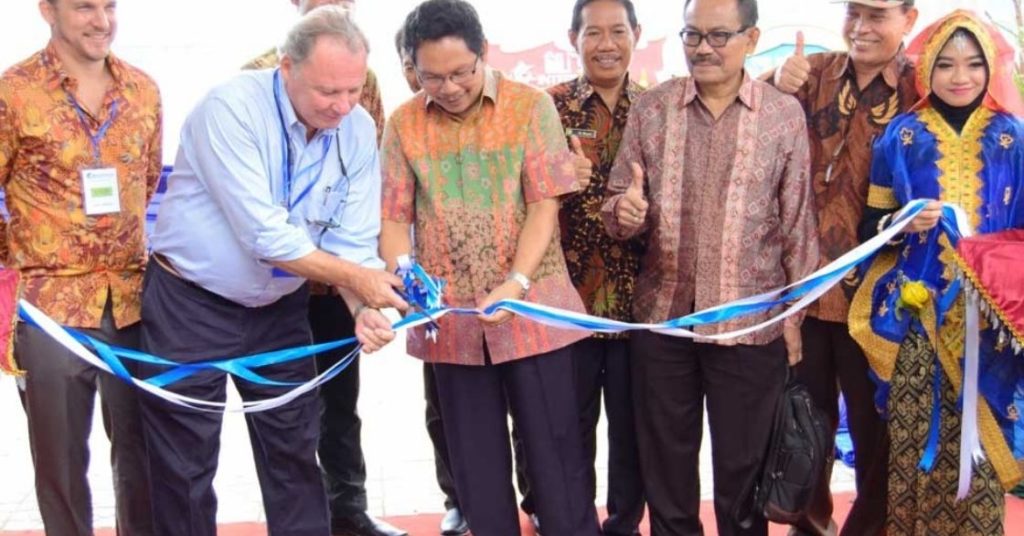
Conservation Alliance Founding Member FishWise partnered with North Atlantic, Inc. (NAI), a mid-supply chain company, a little over a year ago to advance their commitments on environmental and social responsibility and increase transparency around these commitments. NAI’s subsidiary, PT Bali Seafood International (BSI), is its direct link to the fisheries that NAI/BSI source most heavily from. NAI/BSI are striving to use a commercially sponsored fishery management approach to create more sustainable fisheries and artisanal fisher communities in Indonesia.
In 2006, NAI/BSI began building the foundation for this innovative approach on the ground in Indonesia. One of the biggest challenges they observed immediately was the lack of cold chain in artisanal fishing communities, where 40-60% of seafood product value was being lost on average without proper processing, cold storage, and transport logistics. NAI/BSI also noticed room for improvement to ensure fishers were being paid fairly and promptly for their catch. To tackle these and other priority issues, NAI/BSI decided to implement a community-based fishery management (CBFM) model.
Core to the CBFM model are Fishery Community Centers, which represent an investment of critical infrastructure directly into communities. Modern processing plants are the foundation and “economic heart” of these community centers, as NAI/BSI founder and president Jerry Knecht puts it. When combined with surrounding buildings providing diverse services, this infrastructure makes up a complex designed to benefit the community through its fisheries sector and beyond.
NAI/BSI eventually plans to site and build four such centers throughout Indonesia, but the first processing plant and community center was officially commissioned on February 22, 2018 on the island of Sumbawa in West Nusa Tenggara Province.
“When our vision is complete, we’ll provide access to a microfinance loan program and an education center,” Knecht explains. “Also, we have a fisheries management center where we will work closely with all stakeholders to help manage Sumbawa fisheries so there’s fish today and ten years from now. We will build a fishing gear shop so fishermen have the proper tools, and an ice factory where ice will be available at cost, and a kiosk to sell food and daily needs to our employees and other members of the surrounding communities. We want to develop a good community, rather than just developing a factory. We want to make Sumbawa well-known for its fisheries.”
The plant’s two-year construction was catalyzed by funding from impact investor Aavishkaar, whose investment in BSI marked the first time the organization had branched outside of India for its portfolio of social impact projects. Now standing complete on the waterfront of the village of Santong, the plant has 200 MT of cold storage capacity and employs over 70 locals to process fish—dramatically transforming the region’s cold chain logistics. These metrics, amongst others like the amount of ice traded with fishers and fishers’ access to credit, are how BSI and its investors are measuring progress.
On the issue of fair pay, small-scale fishers who choose to sell to BSI will now receive payment within 24 hours of landing catch, and through community training on better fish handling practices, these fishers can receive a higher value for that catch than before. The model is “a win/win for the local community and Bali Seafood,” stated Secretary General of Nusa Tenggara Barat Province, Mr. Rosyadi Sayuti, in his remarks at the commissioning ceremony.
“NAI/BSI serves as an extraordinary example of a seafood company taking social impact directly into their own hands,” says Erin Taylor, Senior Project Manager with FishWise, who visited Santong in February to observe the ceremony and tour the new plant. “Their efforts are unique in focusing intensely on innovative economic incentives to drive permanent behavior change through all aspects of the fishery—from collecting data to fish handling to gear use. While the model’s development is ongoing, it’s already proving to have positive outcomes, demonstrated most impactfully through the enthusiasm of the surrounding community.”
Looking ahead, NAI/BSI hopes to have the socioeconomic benefits of the Sumbawa Center reach up to 1,000 fisher families as the plant ramps up to its full 10 metric ton production per day capacity by the end of this year’s third quarter. After that, work on the other three planned Fishery Community Centers will begin as NAI/BSI scopes the ideal location for plant #2.
Collaboration and maintaining a strong community focus will be key to achieving these ambitions. “Without strong communities, our factory and business cannot grow,” Knecht told the crowd during the ceremony. “Therefore, we look at our business as larger than just a fish factory. We look at our business as part of the community. We would like to help develop sustainable management so everyone—communities, fishermen, and the factory—can thrive.”

